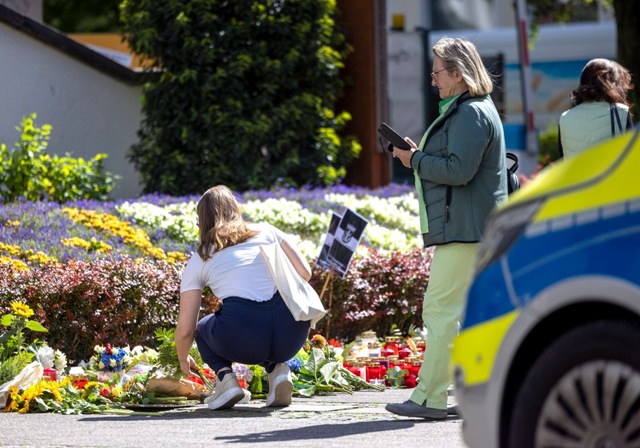By Kilian Genius, dpa I Wednesday, August 28, 2024
BERLIN – Rising isolationism and nationalism threaten the German tourism industry, two trade groups warned on Tuesday in a joint resolution calling for more hospitality. The statement follows a tragic knife attack, in Solingen, western Germany, allegedly by a 26-year-old Syrian man, which left three dead and eight injured during a city festival.
The incident was swiftly accompanied by calls from opposition parties to halt immigration from Syria and Afghanistan.
But in their resolution, German Tourism Association (DTV) and the German Travel Association (DRV), said only an open-minded Germany is an attractive travel destination. The statement was presented at the German Cities Forum and Tourism 2024 Conference in Weimar.
The associations firmly rejected all forms of right-wing extremism and inhumane ideologies. They stated: “We will not tolerate anti-democratic forces that create an atmosphere of insecurity, fear and hatred.”
They advocate for a reciprocal spirit of welcome, stressing that just as Germans wish to be welcomed abroad, international visitors should also feel welcome in Germany. The Solingen attack has intensified national debates on migration policy and deportations, with opposition parties increasing their calls for stricter immigration controls ahead of regional elections.
The Syrian suspect was slated for deportation to Bulgaria last year after his asylum request was denied. Data shows increase in foreigners’ overnight stays
According to the Federal Statistical Office (Destatis), Germany saw 487.2 million overnight stays in hotels, vacation accommodations and campsites last year.
Of these, 80.9 million were by international guests, who made up 16.6% of total stays. This marks a 1.5 percentage point increase from 2022 but is still 1.5 percentage points below the pre-pandemic peak in 2019.
The most frequent visitors to Germany came from the Netherlands (11.5 million overnight stays), Switzerland (6.8 million), and the United States (6.5 million).
Popular destinations included Berlin, Munich, and Hamburg.
The DTV represents local, regional, and national tourism organizations, while the DRV, which represents the majority of the tour operator and travel agent market in Germany, advocates for the travel industry’s interests.
